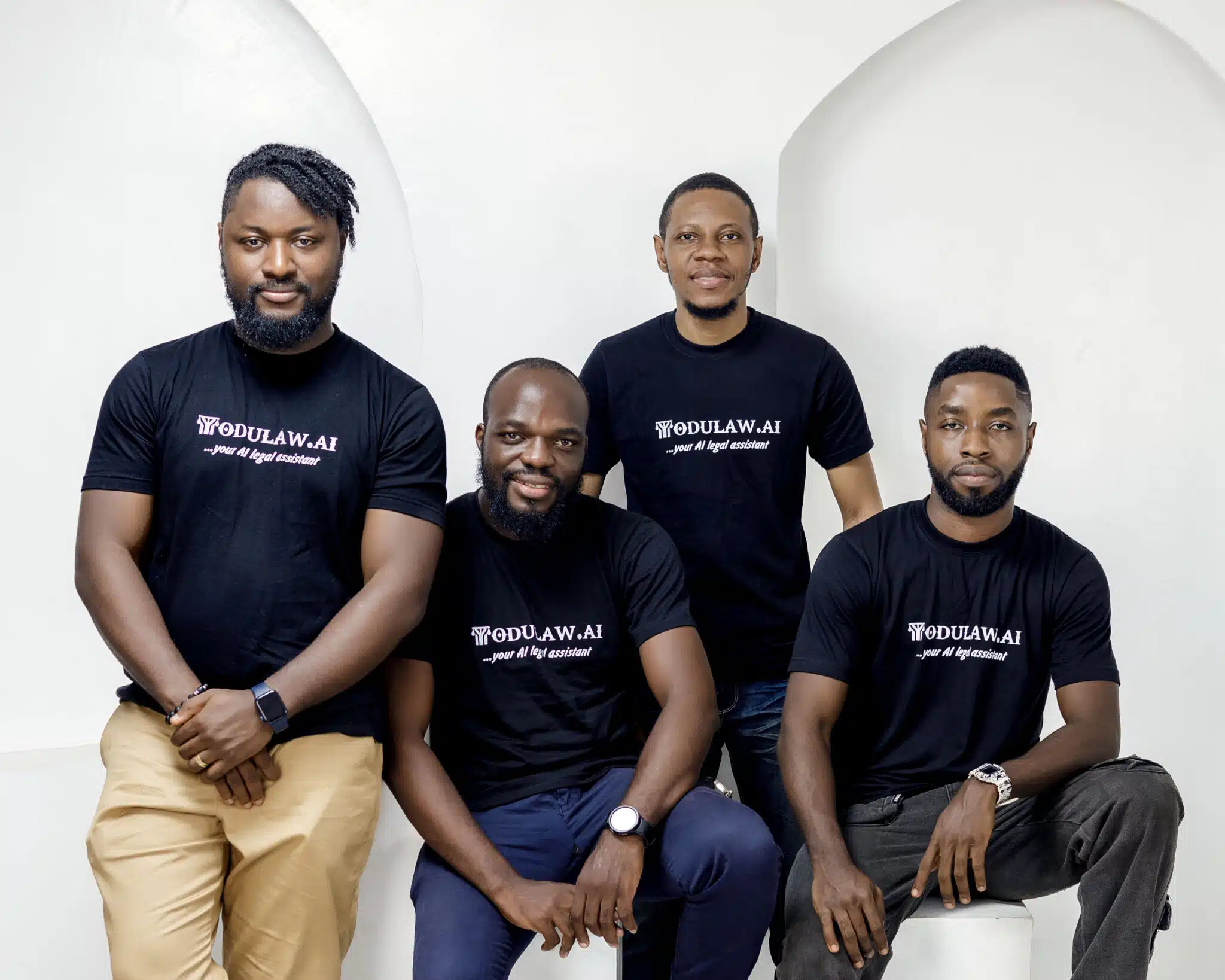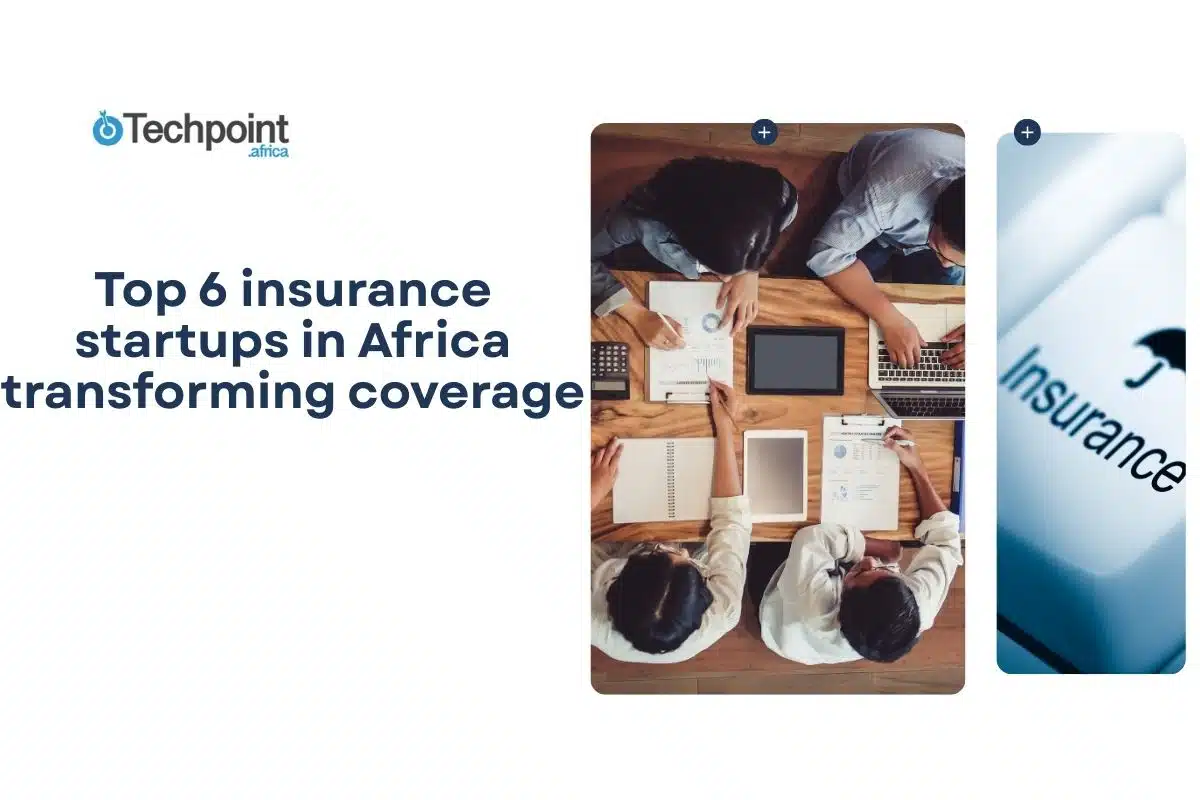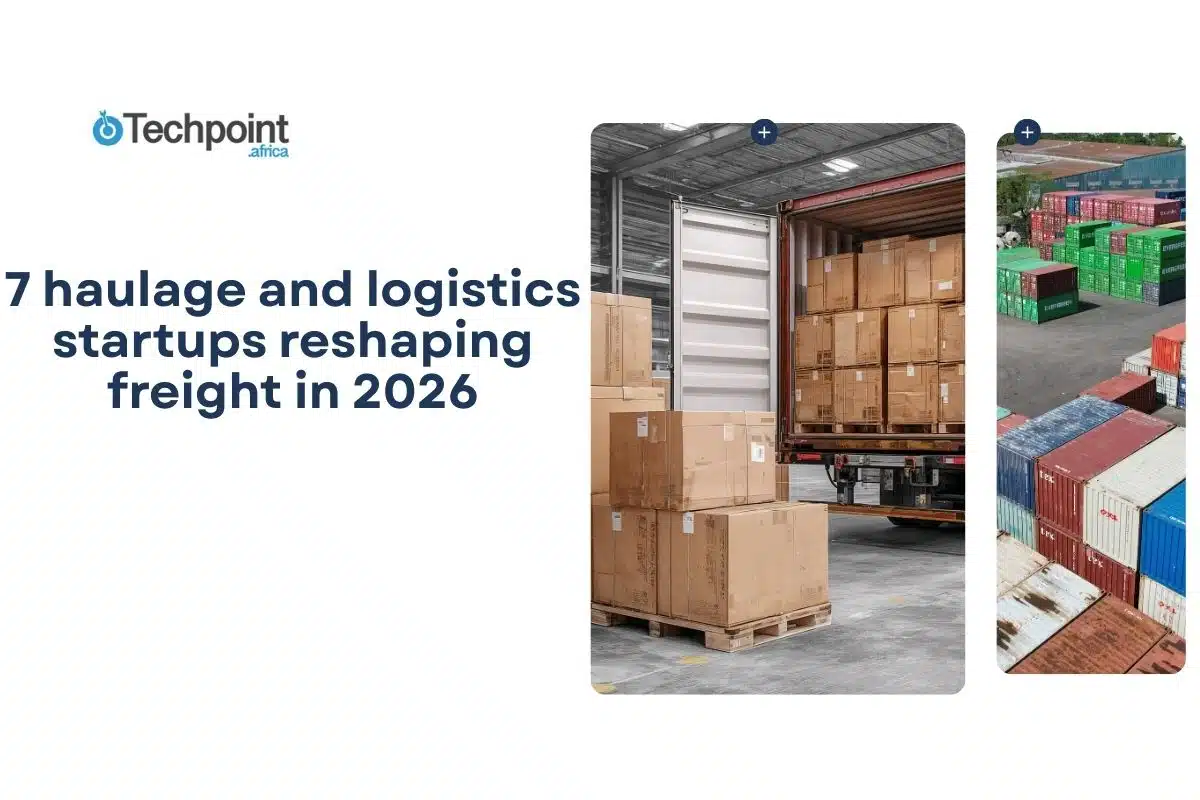In crowded markets across Nigeria, small-scale retailers confront a familiar barrier in accessing global markets and sourcing global commodities. High minimum order quantities, complex payment systems, language hurdles, and unreliable shipping companies turn the expectations of buying electronics from the United States or fashionable clothing from China into frustrating experiences and sometimes, failure.
From this path of struggle, Divinegift Soetan, the founder of Importa General Merchant Limited, first saw an opportunity in 2024.
A trip to China sparks an idea
In late 2024, Soetan and his business partner travelled to China on what began as a simple trip but turned into a shopping spree for others.
“We had a lot of Nigerian retailers asking, ‘Can you help me buy this from China?’ We got about ₦3 million worth of goods for other people while we were returning. The information that was gathered during that period was what led to the creation of Importa sometime in December last year,” Soetan tells Techpoint Africa.
Soetan saw that nothing was stopping African merchants from tapping global markets except a series of small, solvable problems, like high minimum order quantities (MOQs), currency and payment barriers, and the absence of a one-stop, trustworthy channel that could handle procurement, shipping, and end-to-end delivery.
And like many founders before him, Soetan decided to build the bridge.
Breaking down the barriers
Soetan set out to dismantle the obstacles between African merchants and global suppliers by redefining how retailers access goods from abroad.
Typically, small business owners couldn’t easily order products unless they were buying in large quantities, but Importa began by devising a means for retailers to avoid committing to large minimum order quantities (MOQs).
“They can buy minimum orders of three pieces instead of going down to buy a minimum of 100 pieces of the same product, giving them access to the global market with little capital,” Soetan says.

Victoria Fakiya – Senior Writer
Techpoint Digest
Make your startup impossible to overlook
Discover the proven system to pitch your startup to the media, and finally get noticed.
So, a retailer in Lagos can order just three or five units from a global supplier or a manufacturer and still buy at wholesale prices.
Soetan adds that trading on the platform is made even more accessible by allowing payments in naira, taking on the burden of managing foreign exchange in the background.
Additionally, by facilitating these relationships and transactions on WhatsApp, a tool that retailers, regardless of educational level, are already comfortable with, expands Importa’s reach and accessibility.
A retailer is automatically redirected to WhatsApp from the company’s website, where they can search for the products they want to purchase, pay for the product, and track its movement from the moment it leaves the supplier/manufacturer to when it gets to their location.
“So our process is very simple because what we’ve simply done is to integrate our services into your culture,” Soetan says.
“So, all of these things have been integrated into WhatsApp, where you can search for products, pay for products, catch live updates, and track your products without leaving the corridors of WhatsApp.”
Behind the scenes, Importa ensures that every supplier is vetted and every product is guaranteed. The app doesn’t just facilitate transactions, it helps users search for the exact items they need and delivers them to their doorstep.
“We currently have access to the Asian market through China and Western markets in the US and the UK for gadget sourcing. So, on our platform, you can buy clothes from China or gadgets from the US at a low MOQ, compared to other global platforms where there’s no product verification, and then you still need to buy a certain number,” Soetan tells Techpoint Africa.
“So, we removed the friction of untrusted suppliers and payment barriers where you need to go find USD cards to pay for products because you can pay directly on our platform in naira. We verify the products and vendors, and then we do the procurement, the shipping, and delivery to your business location,” he adds.
Competitive advantage
Unlike other e-commerce or logistics companies, Soetan considers Importa a facilitator in the relationship between African merchants and the West.
Importa currently handles the importation of goods into Africa, but it also aims to facilitate the exportation of African products to global markets in North America, Europe, and Asia, with as few barriers as possible.
“If you are used to buying products from other global sourcing platforms, there are many barriers. One of them, and the most critical one, is language. Many people need Google Translate to communicate with the Chinese when they want to purchase something,” Soetan says.
He adds that merchants often have to use alternative platforms to exchange currencies, which is something that Importa’s customers do not have to deal with.
Early traction and customer acquisition
Customer acquisition at Importa has involved a lot of groundwork. Soetan tells Techpoint Africa that he often has to visit gadget stores in Computer Village in Lagos to pitch Importa’s value, especially its low prices.
“We recently got into a business partnership with a US-based gadget sourcing company that gives us direct access to T-Mobile, which gives us access to ridiculously low-priced gadgets in the market,” he says.
The company is also banking a lot on referrals from successful transactions.
In the first few weeks since its launch in April 2025, Importa has onboarded 150 retailers across various sectors, generating approximately $7,000 in sales.
Gadgets accounted for most of the company’s early purchases, fuelled by a strategic partnership with a US gadget sourcing firm.
Clothes came in a close second, as Importa partnered with a clothing manufacturer in China, making sourcing easy.
Although Importa is currently bootstrapped, Soetan says the company is in talks with investors to raise funding and scale the business across Nigeria and Africa.











